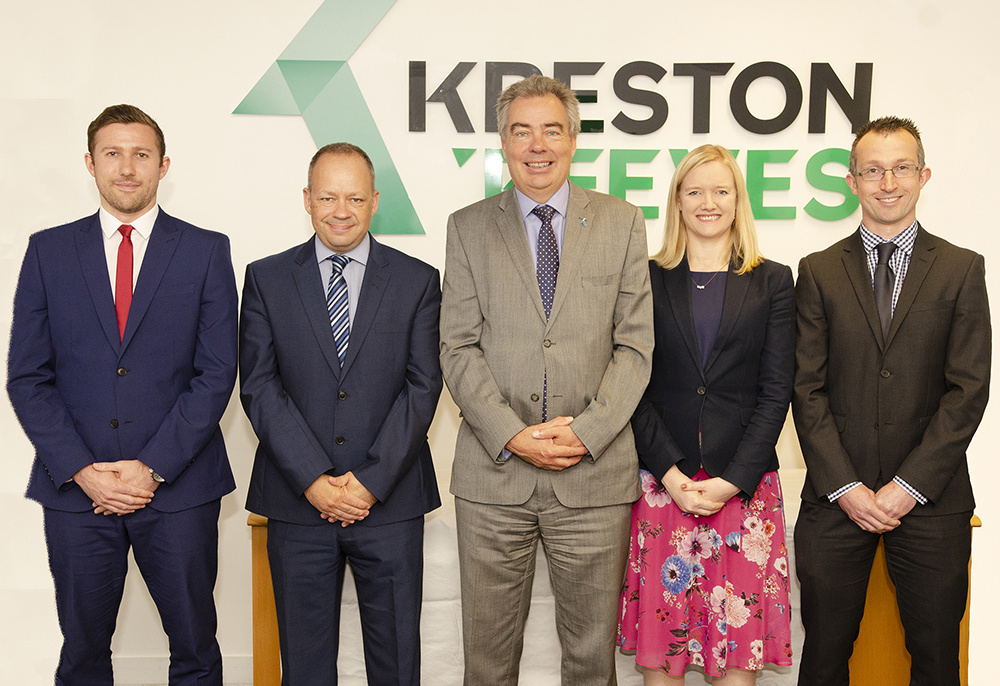
Millennials seemed to have a bad reputation in the workplace. Thought simultaneously to be workshy and yet impatient for pay rises, they have suffered most from an unfair association with a UK-wide productivity problem. Of course there is plenty of evidence to suggest that issues with productivity at work have far more to do with a lack of investment from companies and the government, rather than being an issue with individual workers. Nevertheless, it is never a bad thing to improve the productivity of your staff.
If you are interested in boosting the amount of work your millennial staff can do, it is a good idea to provide them with a working environment that they can thrive within. Millennials are actually typically very hard workers who are keen to impress employers, so use that to your advantage and make use of these four ways to improve millennial productivity at work.
1. Invest in development and training
The vast majority of millennials don’t want to see work as a static way to make money – they are looking for ways to increase their skillset and earning potential. That’s way it can be a brilliant idea to invest in development and training. While staff from other generations may see training as either a waste of time or something to drag them away from their task, millennials see is as a way to enhance themselves and their career.
Whether the training is in something very specific related to their role, something all encompassing – like customer service – or something that complements their original skillset, such as management training, there are multiple options available. iManage Performance Training is a company specialising in this, and believe that “not only do you benefit from employees with more skills, they are also more likely to look favourably to the business and show loyalty as they remember that you invested in their career.”
2. Find ways to encourage career progression
Career is an important word to millennials. Remember that as a generation that began their employment years just as the world experienced a financial crisis, they found themselves in a far more challenging environment with fewer opportunities. This means that they crave advancement and the ability to prove themselves as good employees.
Millennials like to see their career progressing and one of the best ways that you can do this is great steps in between entry level positions and management. Consider having multiple job titles – for example, rather than just having multiple ‘marketing assistants’, have a progression from marketing assistant, to marketing executive and then senior marketing executive before progression to management roles.
Having these roles in place gives staff members something achievable for them to aim for and ensures that they will be more productive at work.
3. Provide regular feedback and analysis
If you want to get the most out of millennial employees then you need to give them regular feedback on their work. Once again this is something that other generations were far less interested in – feedback sessions were seen simply as an opportunity to criticise staff, but millennials see it differently. For generation Y it is important to be encouraged and have their good work reinforced.
Once again, this is a way to boost their performance at work, as when they are aware that their performance is good (or know what they need to do to improve) millennials are happy to go out and put that work in. If you don’t currently have regularly feedback sessions with your staff, start scheduling one-to-one meetings at least quarterly in order to provide performance analysis.
4. Offer greater flexibility
Once again it is key to point out that if you want to increase productivity in millennials it is vital that you should keep up their morale and make them feel positive about work. One thing that millennials typically seek, more so than previous generations, is flexibility in the working schedule.
This flexibility could come in the way of when hours are worked, but it could also be in the form of working from home, or the option to take sabbaticals in order to pursue other interests such as travelling. Millennials are less likely than other generations to want to be tied to a traditional 9 to 5 working structure, so that flexibility will be well received.





